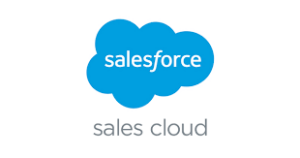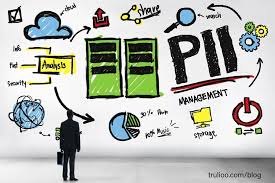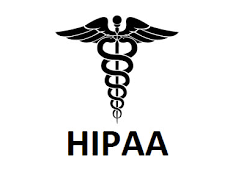PHI vs. ePHI: Navigating Healthcare Data Security
Established in 1996, HIPAA predates the era of high-speed internet access, cloud computing, and ubiquitous smartphones. During the 90s, healthcare providers relied on fax, paper forms, and traditional mail to transmit Protected Health Information (PHI). In today’s digital landscape, providers leverage electronic means to transmit a greater volume of patient data more efficiently. Gone are the days of sending a fax with a cover page asking whoever picks it up on the receiver end not to read it. PHI vs ePHI have changed the way healthcare data is handled forever.
Electronic Protected Health Information (ePHI) refers to digitized PHI transmitted, received, or stored electronically. This encompasses data in online patient records, applications, PDFs, emails, medical devices, flash drives, and other electronic formats. Despite the transition to electronic storage and transmission, the standards for safeguarding PHI and ePHI remain the same, differing only in the medium used by providers.

While digital tools enhance healthcare convenience, they present a new, dual challenge. The digital format and storage and sharing of ePHI on company networks and the internet make it susceptible to cyber theft. Unlike traditional PHI, which can be physically secured, protecting ePHI poses greater challenges, particularly for large hospitals and distributed healthcare organizations.
Given the various ways ePHI can be accessed, modified, and stolen, HIPAA mandates robust cybersecurity measures to safeguard digital patient information. The Security Rule, an extension of HIPAA, stipulates physical, administrative, and technical safeguards specifically tailored for ePHI.
In an era where cybercriminals can exploit vulnerabilities with a few keystrokes, coupled with the growing trend toward decentralized healthcare delivery and data-driven practices, healthcare organizations must develop a distinct strategy for ePHI protection in collaboration with their cybersecurity teams. As the digitization of patient care increases, securely sharing ePHI emerges as the next frontier in healthcare compliance.
If you work with PHI or ePHI contact Tectonic for assistance in keeping your data secure and compliant.













